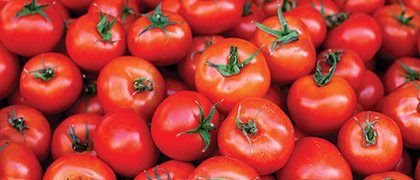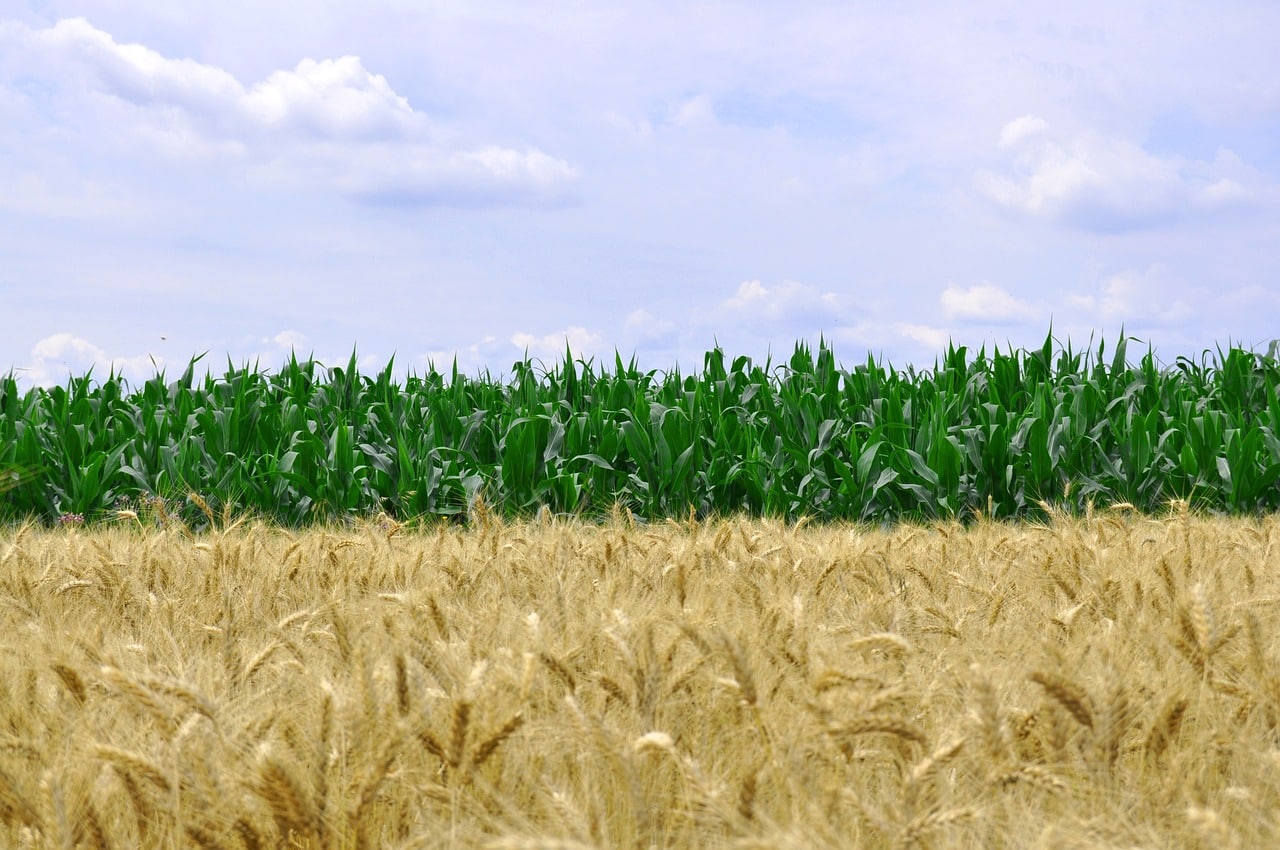GMO Food Labeling Issues Affect Vegetable Industry
Conversation surrounding GMO food labeling legislative initiatives in the U.S. will become part of the overall biotechnology experience observed around the globe and will contribute to the development of agriculture in other lands. Many leading disparate conversations focus on canola, corn or soybeans and may overlook or perhaps just fail to understand the complexity of the issue and potential negative impacts on the vegetable industry. Well-meaning people and policy can sometimes lead to unintended consequences and detrimental effects.
Very few fruits or vegetables offered in U.S. grocery stores are genetically modified. The vast majority have been conventionally bred. “But in preparation of these [non-GMO] products, they can be mixed with GMO oils, sweeteners, etc. that essentially render these products as being GMOs at that point,” says Southern Illinois University professor of vegetable science Alan Walters.
The U.S. has long enjoyed a robust system of providing the public the assurance of a consistent and healthful food supply. Key agencies on the forefront of doing so include the U.S. Food and Drug Administration, United States Department of Agriculture and U.S. Environmental Protection Agency. The system is underpinned by various bodies of scientific knowledge, a responsible multi-level public sector (federal, state and local) and a participatory private sector. And these are being underpinned by a free-market system operated within the framework of a democracy.
Most vegetable varieties are conventionally bred, however, when processed they can be mixed with products containing GMOs, creating consumer confusion.
Bodies of knowledge evolve over time. Finite answers are hard to come by. Science is not perfect. Public officials can’t always satisfy the entire spectrum of stakeholders as they often hold opposing opinions based upon differing values. Nor should public officials always be expected to “get it right” when making decisions. No system is perfect. Even with the inherent shortcomings of the U.S. system it is more than sufficient.
The U.S. system has historically embraced science-based knowledge and information in the administration of programs to provide a safe and reliable food supply to citizens and trading partners. Science, and thus U.S. policy, does not distinguish between food produced by genetic modification by means of biotechnology versus traditional means of genetic modification. The resulting products from these gene modification methods are deemed as being essentially equivalent. They are considered to be “one and the same” with respect to food safety and consumer protection purposes. Labeling laws that differentiate between the two, in the name of “greater consumer choice,” may cause number of unintended and undesired consequences.
How might the citizenry and elected officials choose to address the unintended consequences brought about by enactment of GMO-based food labeling legislation? This remains a question of concern. Broad themes are emerging for public consideration.
A brief introductory discussion of six such themes follows:
1) The future range and selection of food products that will be available to consumers, including those having specific attributes such as non-GMO, may in reality be reduced from what consumers presently enjoy and currently expect. The complexity of “food” reaches far beyond individual commodity crops or given grocery store food items, each being complex in its own right;
2) Consumers may be required to pay proportionately more for food in the future than what is presently accepted as the norm. The simple disruption of the nation’s current large and efficient food system alone will likely distort and drive food system costs higher. New indirect costs may surface only to be added to system costs to compensate for compliance and enforcement activities. Further cost escalation may be set in motion to offset expenses associated with new economic risks and legal liabilities;
3) Participants throughout the food system might be legislated to take on tasks that are not practical or readily achievable, all in the name of giving “choice” to consumers of foods that are “one and the same.” Distinction between GMO and non-GMO foods based on segregation must certainly begin at the production level and will likely raise new discussions about seed stock purity and the adventitious presence of GMOs in seed and grain. Similar segregation concerns are likely to ripple throughout the food ingredient sourcing process and also at all levels of the processing and manufacturing process. Some participants simply may choose to withdraw from the industry or to scale down business activity;
Would the average consumer be willing to pay more for the same product to ensure it’s accurately labeled?
4) Responsible enforcement efforts resulting from food labeling legislation will require the establishment of appropriate science-based sampling and testing protocols, technical capabilities and an administrative infrastructure that can be applied uniformly and fairly across a diverse local, state, regional and national food and agricultural industry. Governmental access to proprietary information and intellectual property concerning GM technologies and appropriate testing protocols would most certainly be required to underpin a legislated enforcement program. Enforcement must be accomplished in view of the fact some regulated entities want to do business only in a limited geography while others aspire to engage in interstate or international business. Regulations established on a state-by-state or regional basis may differ from those in other jurisdictions, thus increasing operational business difficulties;
5) In the event state or national food labeling legislation is enacted, significant issues and unanswered questions may arise with respect to liability. Both civil and criminal liability issues may abound. Did a violation occur inadvertently or by intention? Will allowances be made for the adventitious presence of GM components? What action level may be considered as being “legal” versus what level might be deemed as “illegal”—for an essentially equivalent food product? Are measurement and detection limits scientifically supportable and defensible? How might courts handle such issues? Liability exposure resulting from enactment of food labeling legislation may be a major disincentive for companies to continue participating in the food and agriculture industry;
6) Consumers may be inclined to unjustly malign foods that contain biotechnology-derived components, and those persons or entities that produce or distribute them, due to a common misconception that “if it is required to be labeled it must be unhealthy, unsafe, or inferior in some way.” This ramification may unfairly and negatively impact an entire industry or at minimum certain individuals and companies within the food and agricultural industries.
New burdens of proof, likely to be created by GMO food labeling legislation, will be placed squarely on the shoulders of those choosing to remain in a re-ordered food and agriculture industry. Food ingredients, agricultural raw commodities, intermediate processed goods and fully-processed products will be placed under tremendous additional scrutiny. Food and agriculture entities and industry principals will be forced to operate under increased levels of economic and legal risk. These additional burdens of proof will have been created in the name of providing increased consumer choice over foods deemed by science and the U.S. government to be “one and the same.”
The GMO food labeling conversation is far from over. Agriculture, particularly the seed industry segment, remains a dynamic and developing industry, ever-changing and constantly evolving. You play a vital role. Do it well!
Dennis Thompson is dedicated to delivering solutions and empowering people and organizations to solve complex problems related to international agricultural development and global food security. His career experience and international credentials include extension education, agronomy and administration.














